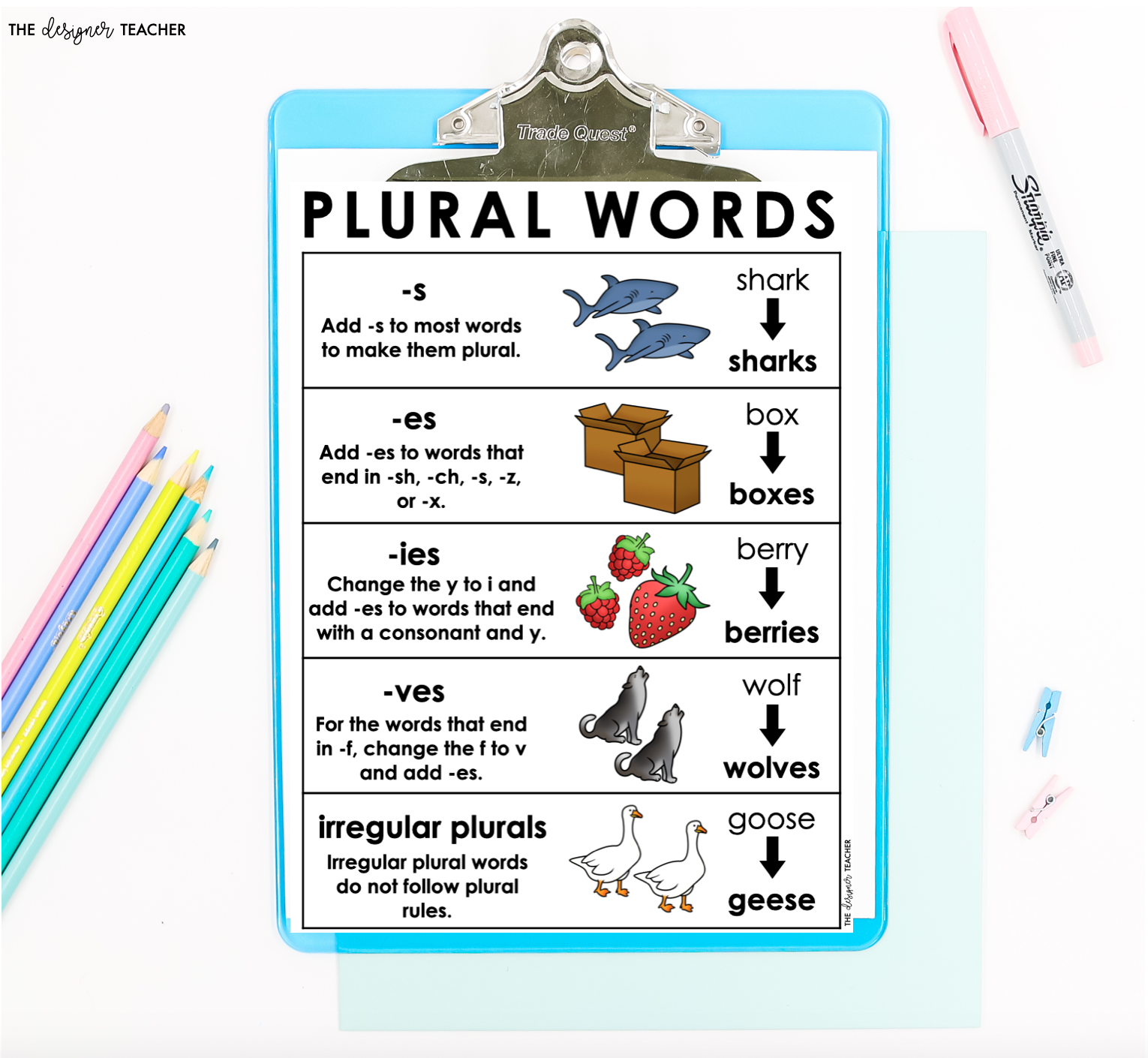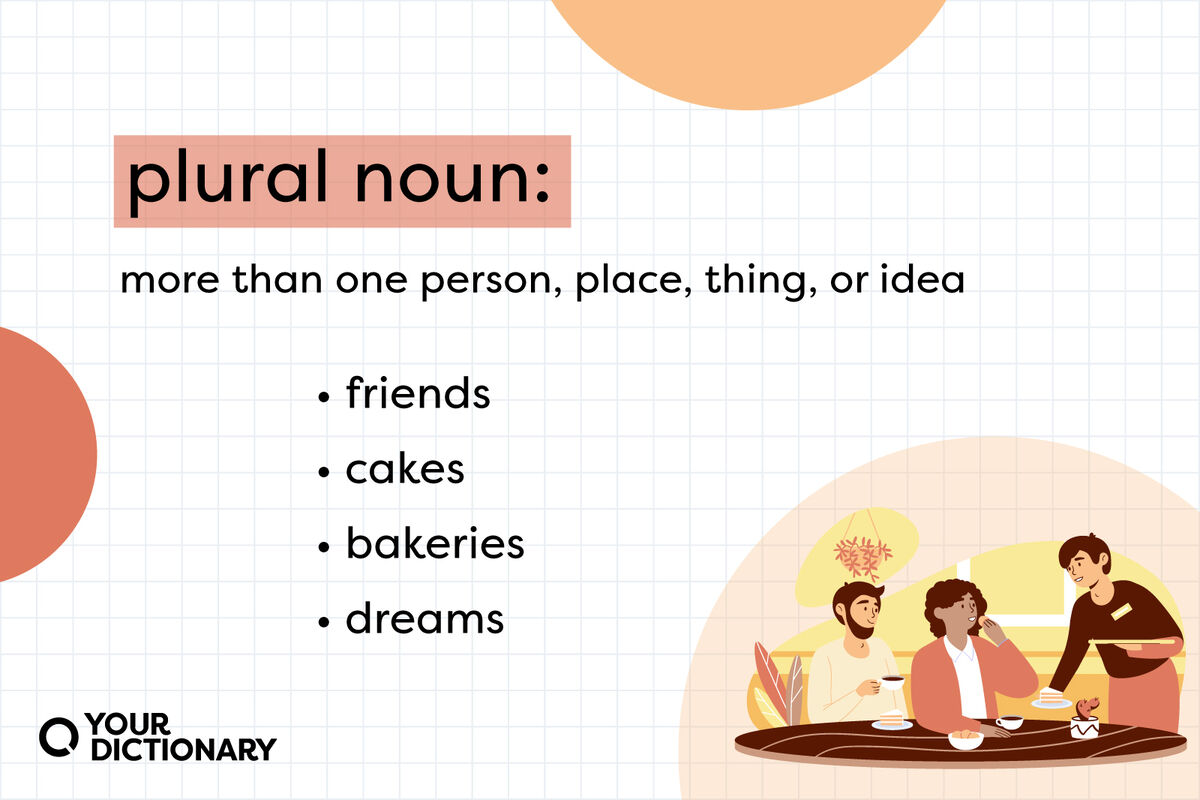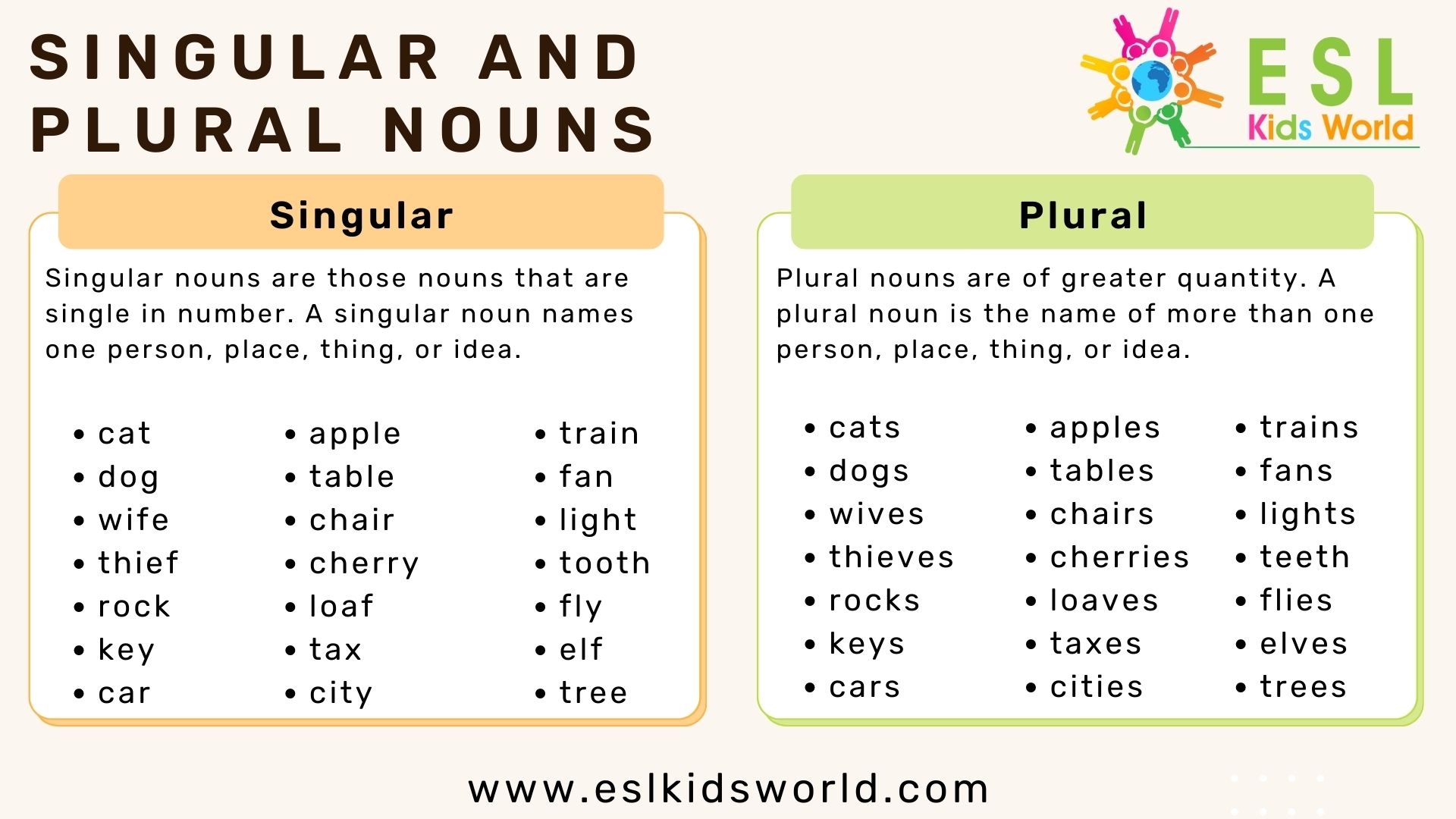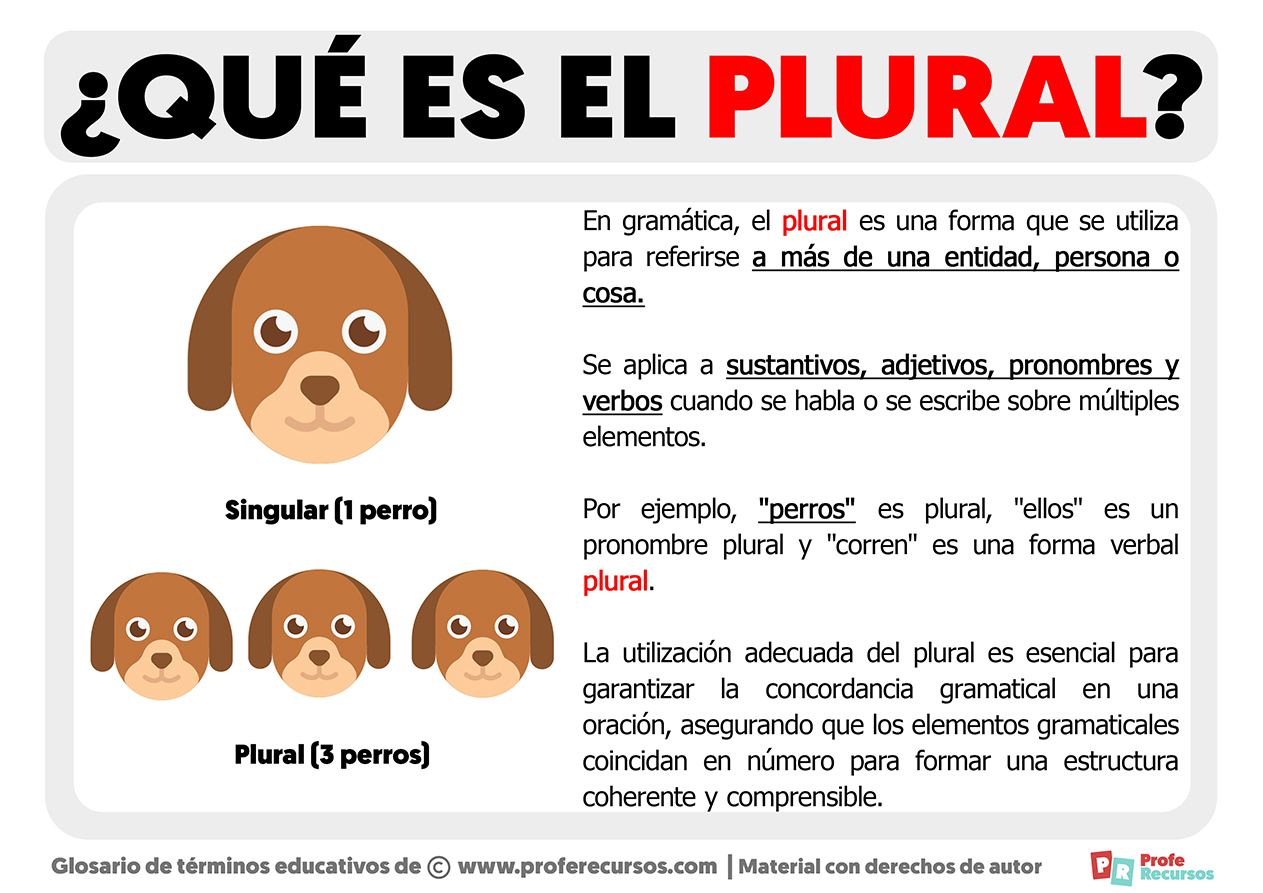Der substantivierung »mitarbeitende« auf. Dieser satz hat fünf wörter. Normally always singular form but people might sometimes use plural form. And eure/euer is the plural. Der substantivierung »teilnehmende« auf. Aber auch lieblingswörter, … Always singular form. Synonym for lyric lyric is singular and lyrics is plural. Den plural wörter nutzt man immer dann, wenn das einzelne wort, gewissermaßen das buchstabengefüge, im vordergrund steht: Das studieren § 57 (2) ; Teilnehmende deklination der wortformen. Der substantivierung »studierende« auf. Ich würde sagen, eine einzelperson so anzusprechen ist mehrheitlich veraltet|yes, ihr/ihre is the singular. It’s personal preference. Lyric is a single line, phrase or word. Es überrascht nicht, dass entsprechend alle komposita, die sich grammatisch oder lexikalisch auf wort beziehen, diese pluralendung aufweisen: Hauptwörter, fremdwörter und reimwörter ; Der jugendliche · ein jugendlicher (substantiviertes adjektiv zu jugendlich) Studierende § 57 (1) If the subject of the sentence is in the third person singular, use brings. Lyrics is the words for an entire song. |to clarify, lyric as a singular refers to a specific phrase within the lyrics. |»so, the noun lyrics and lyric both can be used for the (whole) words of a song, right?« yes. Singular and plural forms used as normal but some people might only use the singular form because they think it sounds. Info regeln zur rechtschreibung: I like the lyrics of this song. what does this lyric mean?|aye. Singular and plural forms used as normal. Probieren/probieren geht über studieren/studieren § 57 e3 ; Form plural) sind das eure schuhe? Mitarbeitende deklination der wortformen. That is the case for the majority of verbs. Die flexionstabelle listet die vier fälle singular und plural des substantivs bzw. I bring you bring he/she/it brings we bring you (plural) bring they bring when we look at how verbs in the present tense are conjugated, we can see that only the he/she/it person takes an s at the end or a different spelling than the other persons. => kann als sehr höfliche anrede verwendet werden; Otherwise, use bring. Der substantivierung »jugendliche« auf.
Plural Of Cactus? You Won'T Believe This Botanical Mystery!
Der substantivierung »mitarbeitende« auf. Dieser satz hat fünf wörter. Normally always singular form but people might sometimes use plural form. And eure/euer is the plural....




